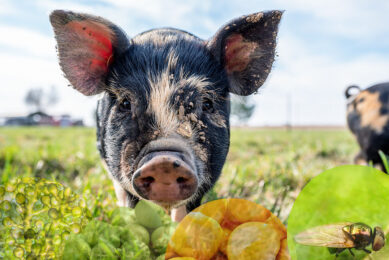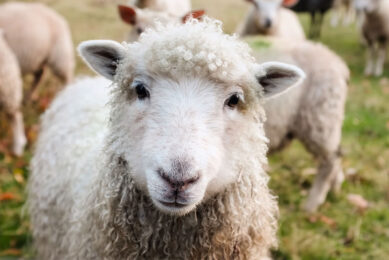Australian scientists use algae to solve carbon problems
A ground-breaking experiment that uses algae to absorb carbon dioxide emissions from a power plant and could supply cattle feed as a co-product.
Queensland government-owned power corporation Stanwell will trial the clean-energy technology developed by James Cook University at its coal-fired plant at Kingaroy, in south-east Queensland.
The trial involves trapping carbon emissions from the power station and pumping them into water which is used solely to grow algae.
Because of the high concentration of CO2, the algae doubles in mass every one to two days and in vast quantities it can be used to produce either bio-diesel or cattle feed.
Three year preparation
The university spent three years developing and trialling the technology on a much smaller scale.
MDB Energy will oversee the trial at Stanwell over a one hectare plot and determine its long term viability and commercial prospects. If successful it could be a major breakthrough in lowering carbon emissions.
MBD managing director Andrew Lawson said, ”It’s a one hectare blueprint, using the gasses from the power station to produce commercial products. It’s a really great step to using commercial ways of using CO2.”
He said the algae were from local rivers and the water was purified so if there was spillage into waterways it wouldn’t damage the environment.
”It’s really just taking the algae and giving it the perfect conditions to grow,” he said.
Cattle feed
Lawson said producing cattle feed could be a profitable by-product of the experiment. ”Queensland imports a billion dollars of soy meal from overseas [for cattle]. This is an opportunity to offset that import.”
Premier Anna Bligh said the project had huge potential because the idea and the algae products could be exported. ”This is world first technology, using algae and innovations created at James Cook University,” Ms Bligh said.
Join 26,000+ subscribers
Subscribe to our newsletter to stay updated about all the need-to-know content in the feed sector, three times a week. Beheer
Beheer









 WP Admin
WP Admin  Bewerk bericht
Bewerk bericht